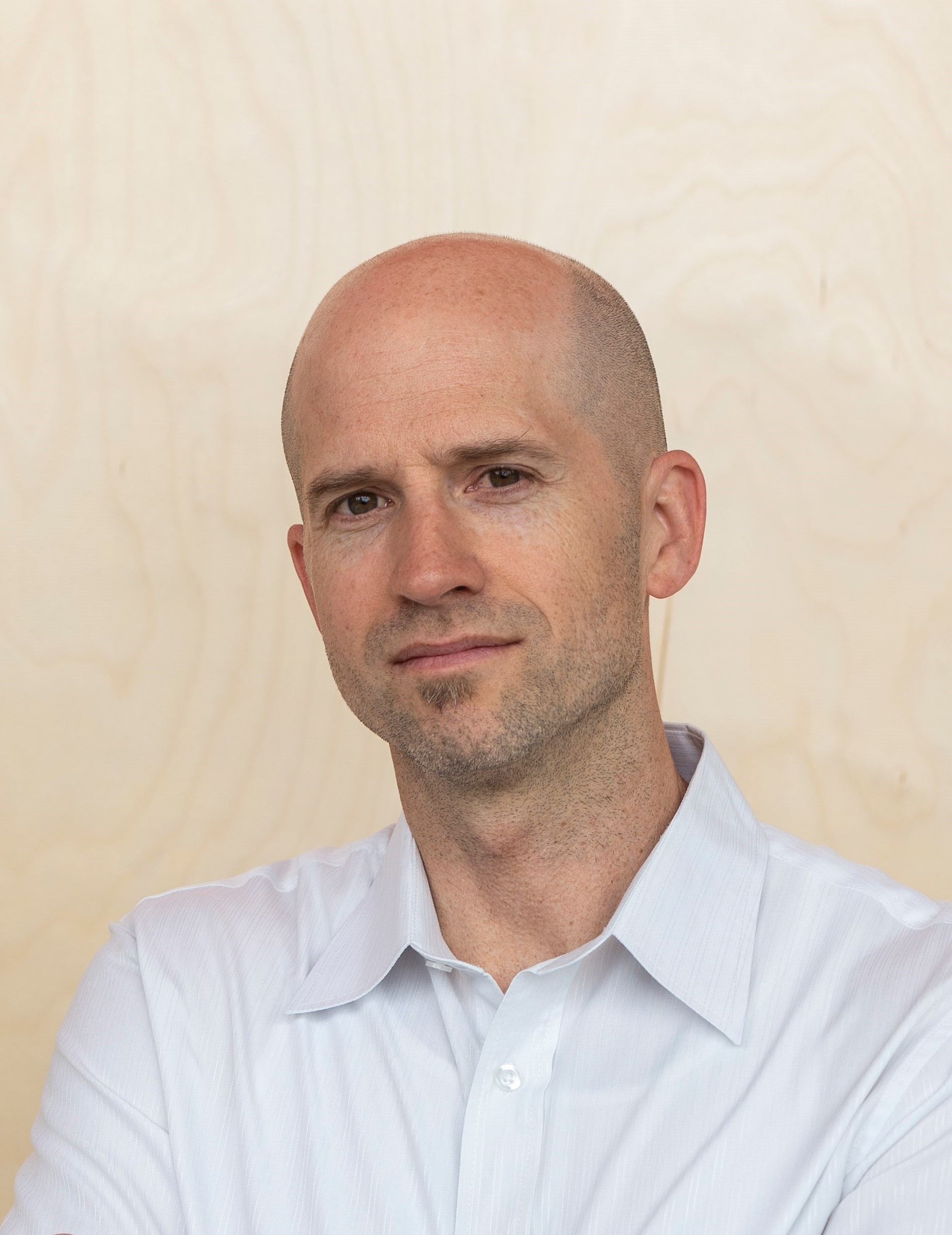The Problem(s) with Corporate Climate Commitments

Patrick is an expert on corporate sustainability, green innovation, and voluntary climate commitments. His research covers two main areas: corporate initiatives and information strategies to reduce greenhouse gas emissions, and green innovation to shift economic growth to a sustainable regime. Patrick uses a mix of observational methods, field experiments, and causal inference. I would highly recommend this talk for anyone interested in corporate social responsibility, social sciences, field experiments, or voluntary climate commitments.
—Jacob Gellman, PhD Candidate, Bren School
Watch a recording of the talk here.
Download the slides from the talk here.
Abstract
Climate change has recently seen a dramatic rise in attention and concern within capital markets. The increasing pressure applied to companies by institutional investors has resulted in a corresponding proliferation of corporate commitments to address climate change. However, there is little evidence that such pressure is resulting in the dramatic emissions reductions or technological and behavioral shifts required to meet current global climate goals. In this talk I will present a perspective on the state of corporate commitments on climate change informed by recent academic research, detailing several developments that are limiting tangible progress and are structured by both companies and institutional investors to favor the status quo. I will also highlight a series of pragmatic changes to corporate reporting that may improve accountability.
Bio
Patrick Callery is an Assistant Professor of Strategic Management at the Sprott School of Business at Carleton University. His research focuses on corporate sustainability strategies in the context of climate change. He is a recent PhD graduate of the Bren School’s Economics and Environmental Science (EES) emphasis, and also holds an MBA from the Haas School of Business at UC Berkeley, an MS in Engineering from the University of Michigan, and a BS in Engineering from Boston University. Beginning 2022 he will be an Assistant Professor of Management at the Grossman School of Business at the University of Vermont.